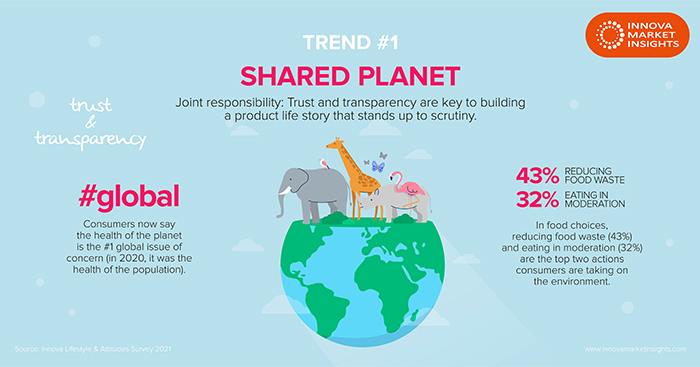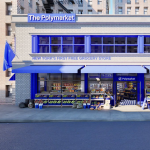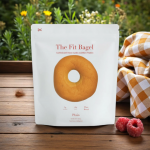Innova Names ‘Sharing The Planet’ As Top Purchasing Driver for 2022

Sustainability is no longer “just a Wall Street issue,” according to Innova Market Insights’ recent Top Ten Trends for 2022 report.
Highlighting the consumer concerns that are impacting food choices made around the world, the report found that “sharing the planet” is the top theme among purchasing drivers and named ‘health of the planet’ as the number one concern among modern consumers. While there are a variety of ways brands can engage with sustainability initiatives, messaging about a product’s environmental impact has begun to present its own set of challenges.
“I don’t think there’s a single company that’s not doing something about sustainability, but now you have a lot of ways to communicate this,” said Innova’s Global Insights Director Lu Ann Williams in a webinar presentation. “One thing to look out for is how to build trust because trust and transparency is really key here… we did a survey across 11 countries and 55% of consumers told us that there are too many environmental labels and [they] don’t know what to look out for, so starting a conversation with your consumer is really important.”
The survey found that 43% of respondents are taking active steps to reduce their own food waste — a tenant that many food brands have already aligned themselves with from upcycled product launches from brands such as Barnana to format extensions with pre-proportioned servings from companies like Jersey Tomato Co. However, “this requires quick, clear, tangible and trusted information combined with a product life story that truly stands up to scrutiny,” Innova analysts noted in the report.
The report also found that power is shifting into the hands of consumers highlighting themes that emphasize the importance of listening to their needs and demands and aligning the brand in accordance with their beliefs and values. The survey found that an overwhelming majority of consumers (75%) believe companies need to listen to consumers more when developing new products, flavors and strategies.
Additionally, the report states entrepreneurial consumers are increasingly taking actions to fill gaps in consumer demands they don’t feel have been met and, according to the report, 64% of young people want to pursue a career to improve food innovation. However, companies have been testing out ways to engage with consumers over the past year whether that be directly on product packaging, through QR codes or via social media, Williams noted during a webinar.
“Especially among Gen Z people, food is now a reflection of your lifestyle and also your personal values,” Williams said. “We really moved to a time where the food industry should not just be educating consumers anymore and it should not just be about adapting to consumption patterns, there should be some type of reflection around consumer’s beliefs and values to create that connection.”

In creating that connection, themes relative to consumers’ and the planet’s health have taken over according to Innova with items including plant-based innovation, new food technologies, gut-health, locally produced and upcycled food dominating the list. The pandemic also had a significant influence on the increased value consumers place on freshness, flavor and the nutritional benefit of the products they buy according to the report, and states it is likely consumer interest towards a product’s origin and its movement through the supply chain will continue to become more important over the coming years.
“Consumers are really valuing the functionality, the freshness and also the authenticity of local food,” Williams said. “There’s lots of ways to do this…If you are a big company, then it’s really difficult to do local at scale, but everything you do is local to somebody, somewhere. So there’s lots of different ways to message around this… I don’t want to give the impression that there’s only one way to do local, there’s lots of different ways to talk about it.”
Lastly, Innova predicts that the way consumers choose to experience food will undergo a transition over the next year due to the lasting influence of the pandemic. The report notes that with an increased demand for amplified, engaging food experiences and shifting use occasions, food companies have new opportunities to engage consumers with their brand through limited edition launches and collaborative product launches.
“Lockdowns and the pandemic have reshaped existing eating occasions while at the same time helping to create new ones,” the report states. “Consumers have a greater awareness of the comforts and possibilities of home, so now seek more from going out. Industry leaders will be pushed to better serve evolving consumption occasions, geared to the new expectations of a public whose social habits have been challenged.”
















